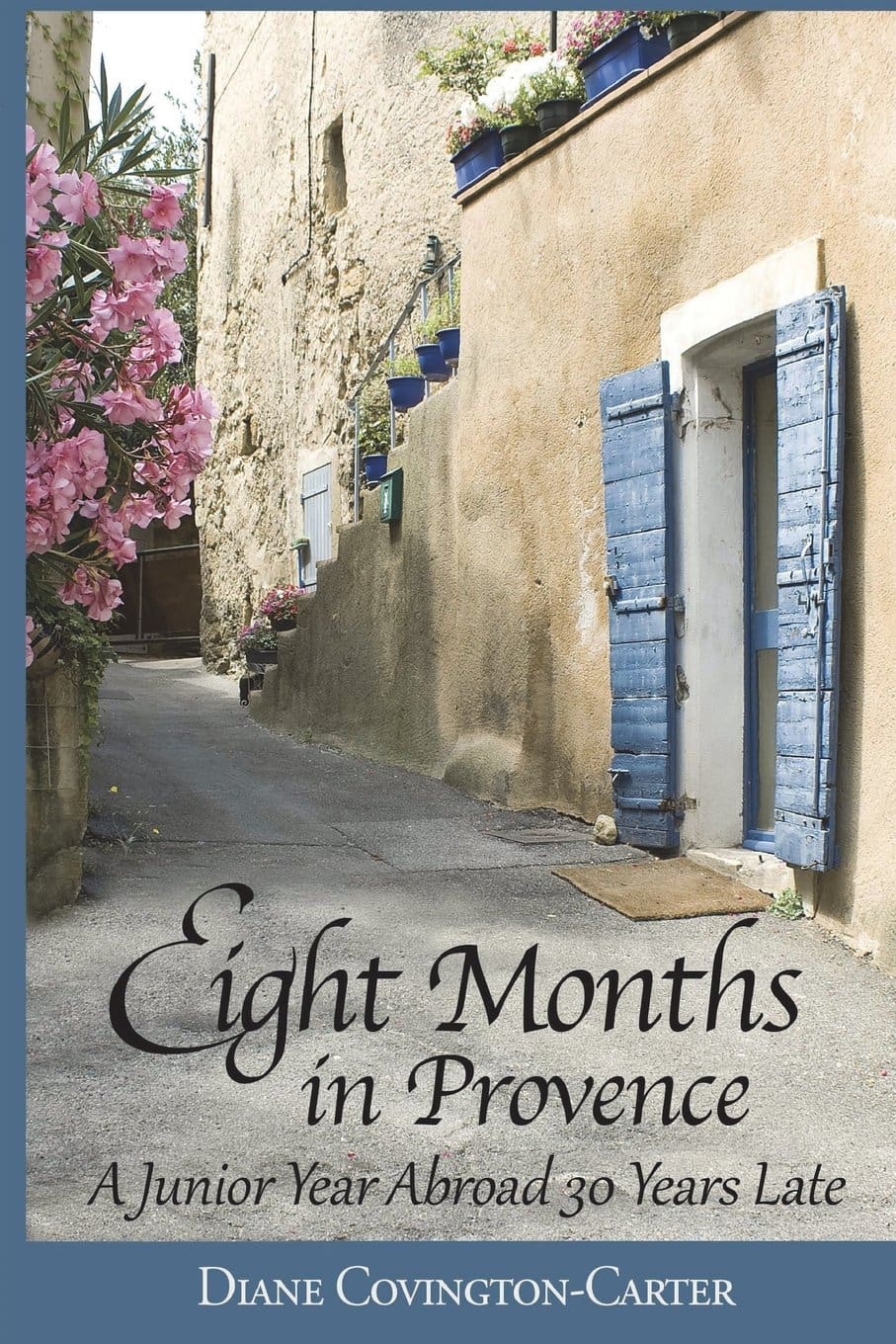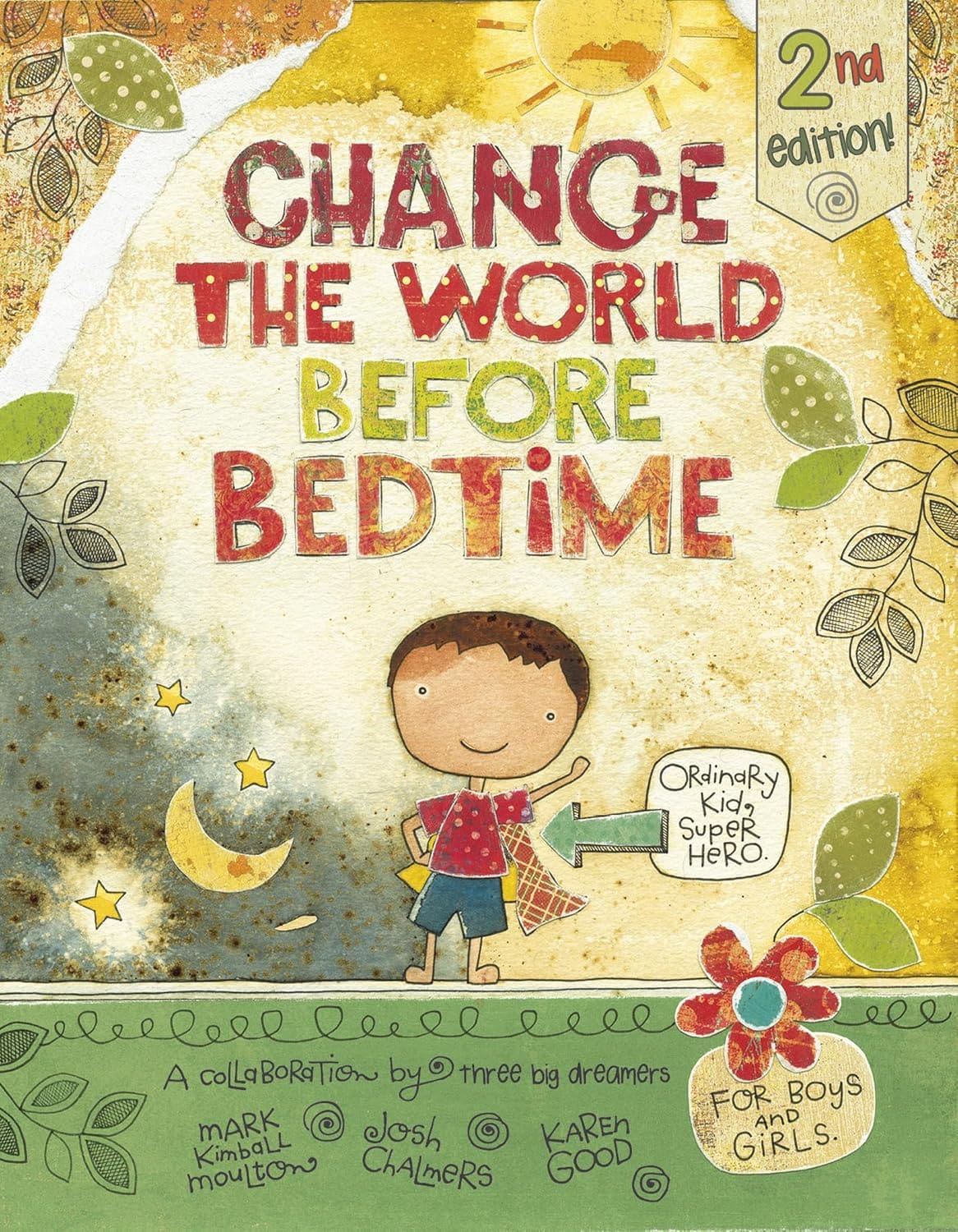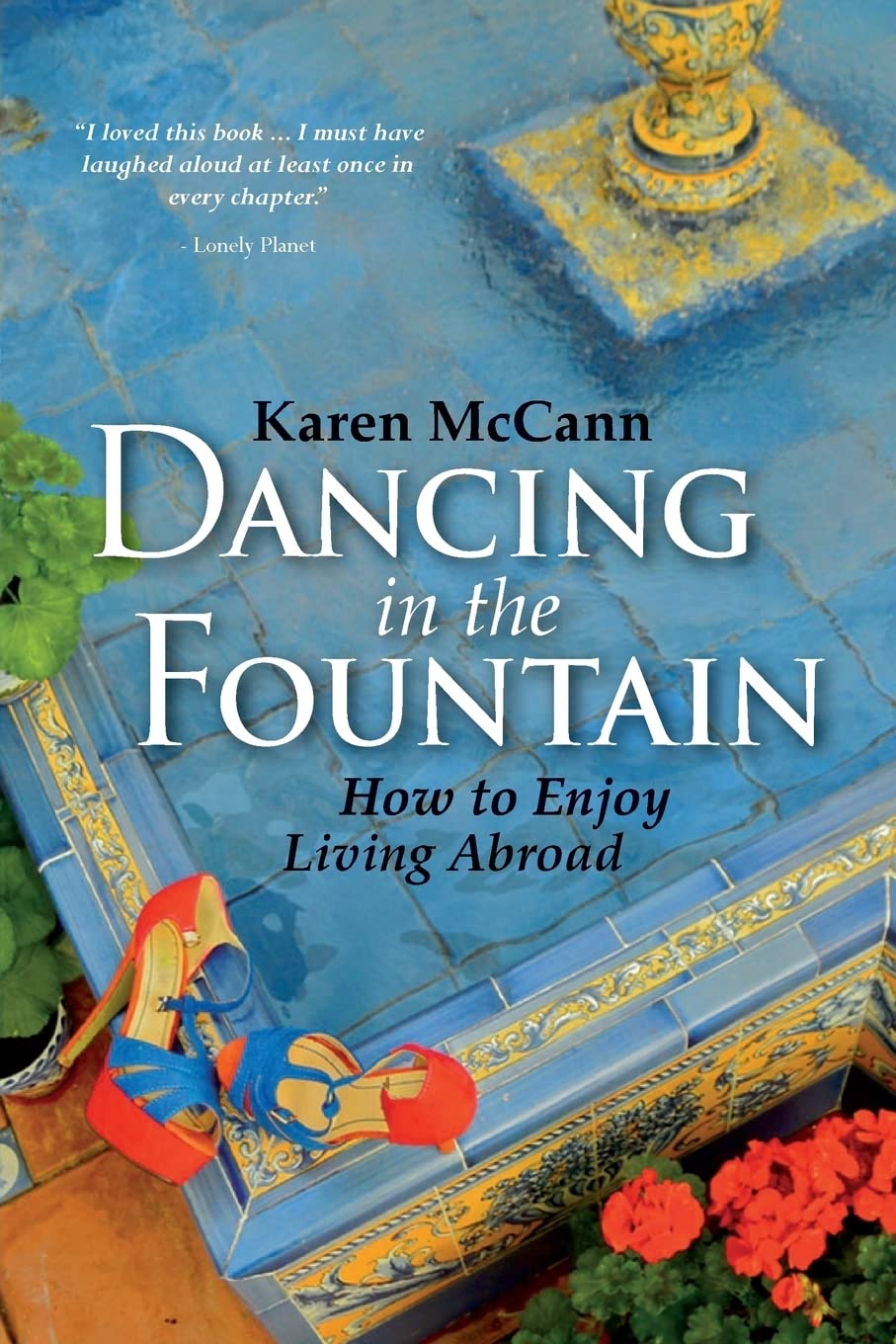A Blogging Pioneer Who Still Inspires

Painting: Kristin Espinasse (and Ricci), by ChatGBT
Lately I’ve been listening to the book, How to Know Know a Person, by David Brooks, which is wonderful. One of the quotes he included really struck me: “Modern man listens more willingly to witnesses than to teachers, and if he does listen to teachers, it is because they are witnesses.”
I’ve been thinking about this quote because Kristin Espinasse of my favorite blog French Word-A-Day has a new book out, co-authored with her daughter Jackie. It’s called A Year in A French Life (volume two).

Kristi has been my inspiration, and my mentor actually, since I started blogging 15 years ago. Most of you know her as well through her blog, which she has been writing for 24 years (!!) and for which she received the prestigious Médaille d’Or des Valeurs Francophones .
Kristi kindly helped me jump-start my blog, and advised me along the way. I was lucky enough to interview her in person for France magazine many years ago, and I’ve always loved her writing. And she illustrates the David Brooks quote perfectly for me. I’m afraid I’m in the ‘teacher’ category (and too old to get myself out of that role). But Kristi wears her heart on her sleeve and graciously shares her deepest inner self with her eager followers. She has touched many hearts and lives over the years, including mine. In addition to teaching us all some French!
This book was co-authored with her lovely daughter, Jackie, a blossoming writer herself. They’ve divided the book in an interesting way. Kristi again illuminates “the beauty of life tucked inside ordinary days” with essays built around the months of the year. And then Jackie, who is now living in Brooklyn, takes over and talks about her young and exciting new life on the other side of the pond.

Don’t miss Kristi’s post on her new book here, where you can also find some amusing pictures of her book traveling around her neighborhood. Like this one, with the ever adorable Ricci doing his bit to showcase both volumes:

And so in honor of Kristi, here are your French words of the day:
persévérance, ténacité: perseverance, for 24 years of blogging on a very regular basis
génial: brilliant! For finding constant inspiration in the seemingly ordinary moments of life.
un défi: a challenge. Making a successful career out of blogging and freelance writing is quite difficult, and a real achievement..
Félicitations: Congratulations on yet another wonderful book, with gratitude from your fellow blogger and mentoré!

Now, you might want to order a stack of them. They make great gifts for your francophile friends. And do zip over to Amazon to leave a REVIEW–all authors are grateful for these!
In the COMMENTS: Patricia, I’m glad SuperFluent is working for you. Me too when I remember to do it! Chris, French news is such a great way to learn. And it takes discipline, good for you. Natalia, speaking of perseverance, congratulations to your French Club, for carrying on for so long.
More Favorite READS and Views: Natalia’s pick is what she says is another non-put-downable one: a big historical novel called The Girl from Normandy, by Rachel Sweasey. Chris has a couple of good ones for us too. She likes A Pocketful of Happiness, a memoir by actor Richard Grant, and The Dictionary of Lost Words, by Pip Williams. And if you’re looking for something fun and French to watch, my friend Ellen recommends the unusual drama called Drops of God. Those ‘drops’ refer to French wine. Turn your subtitles on; it’s in English, French, and Japanese. We are watching it on Apple TV.



















